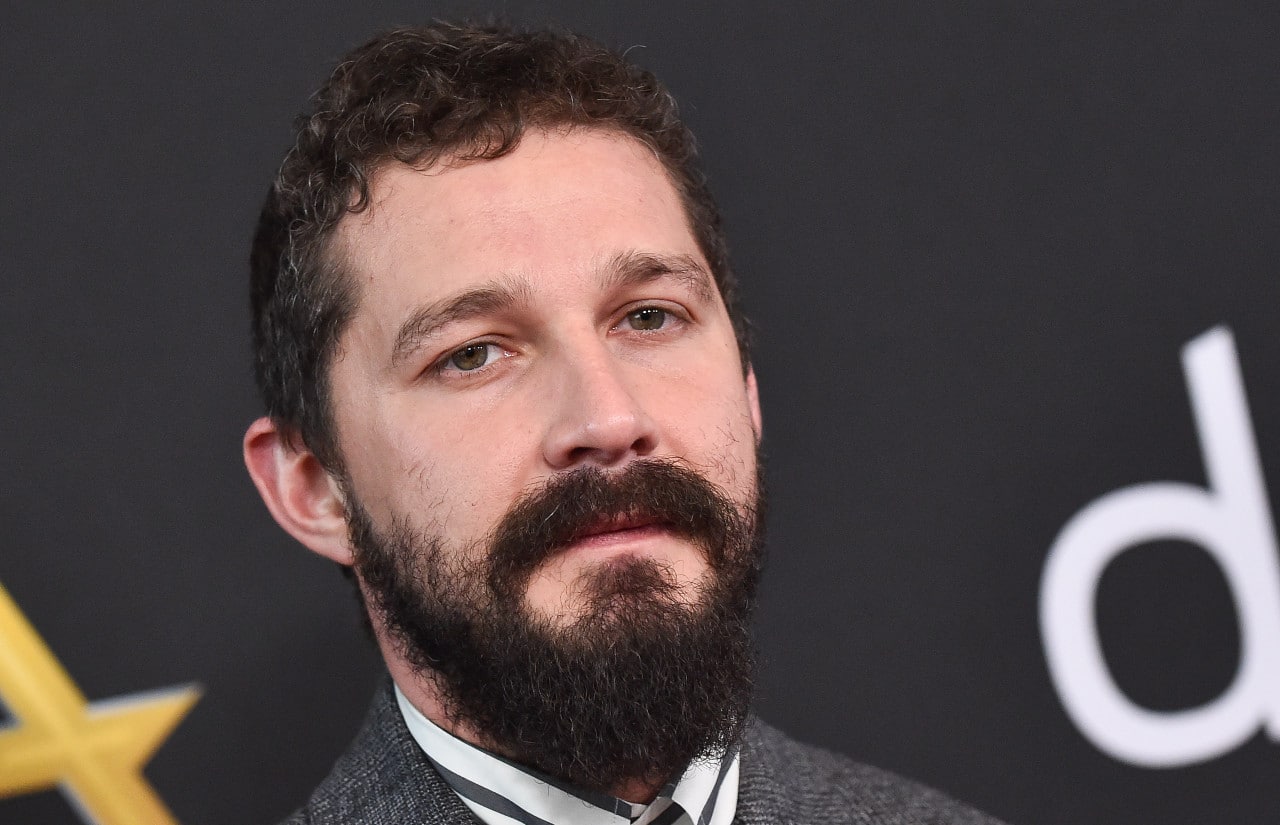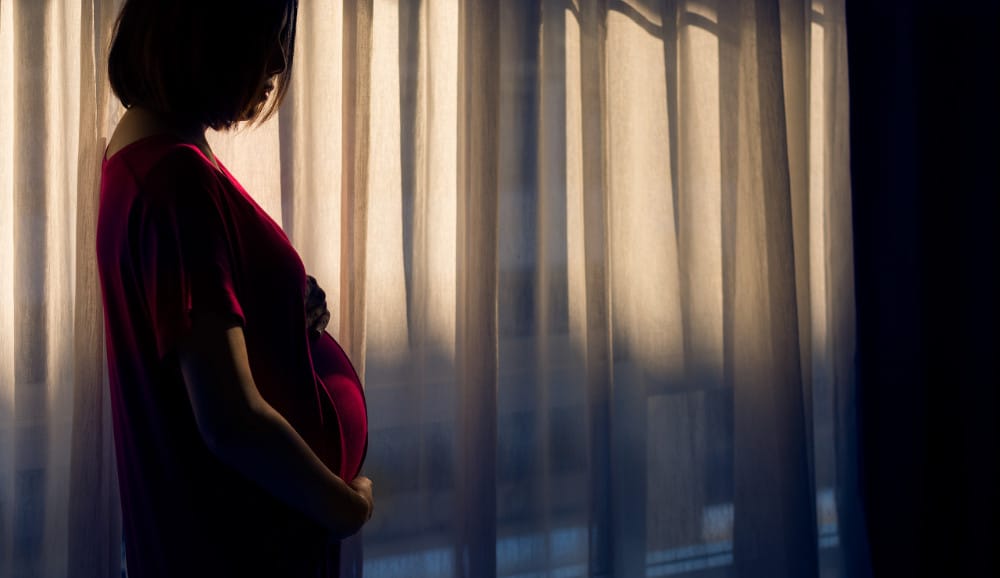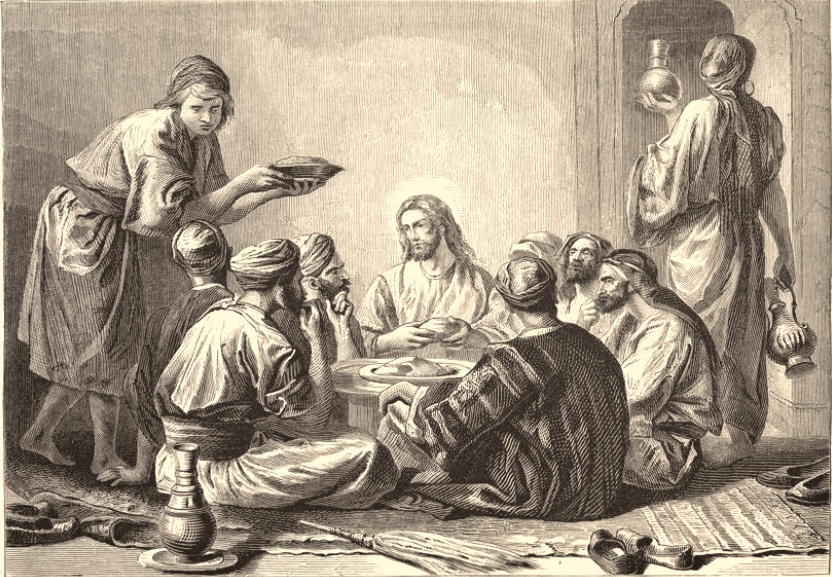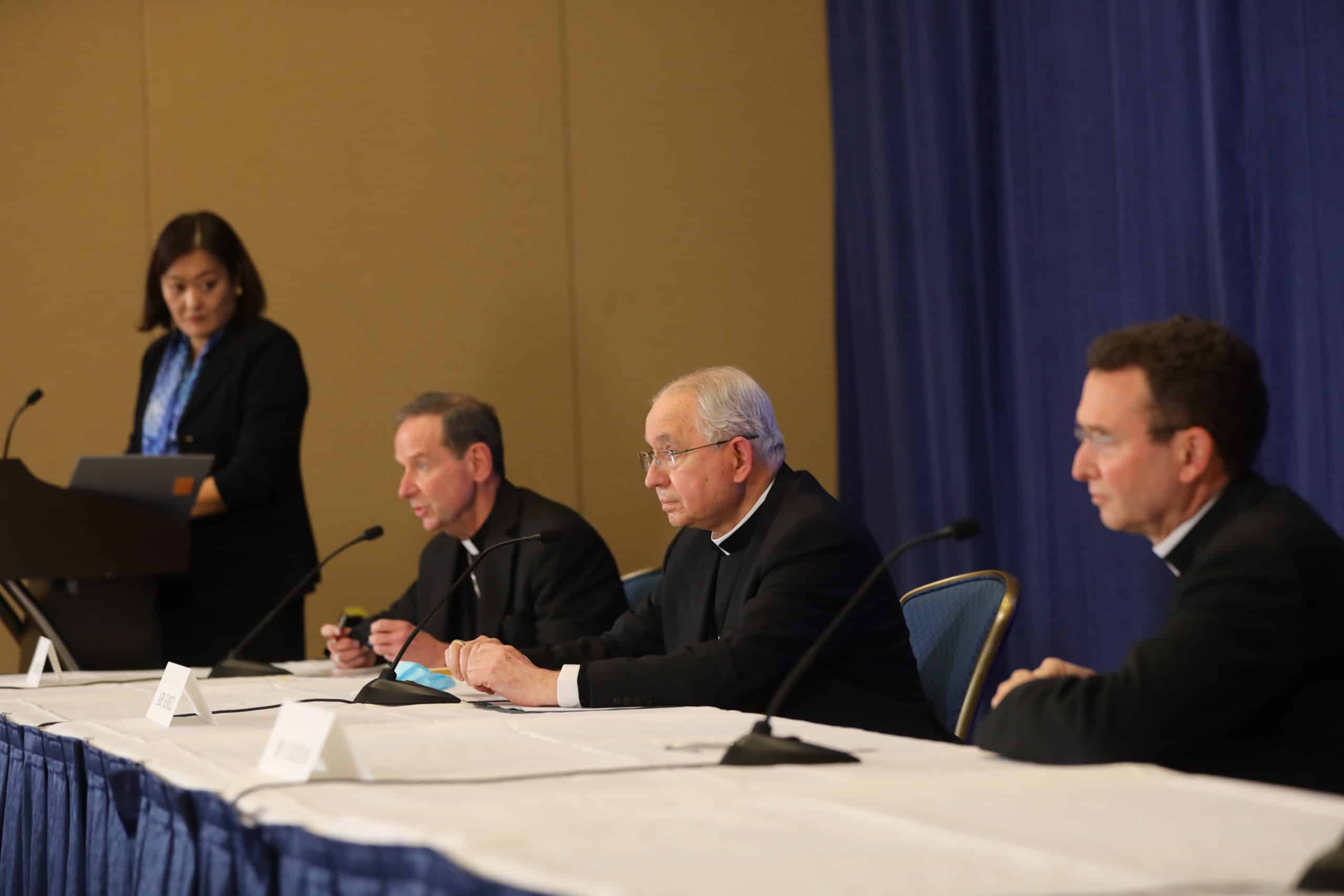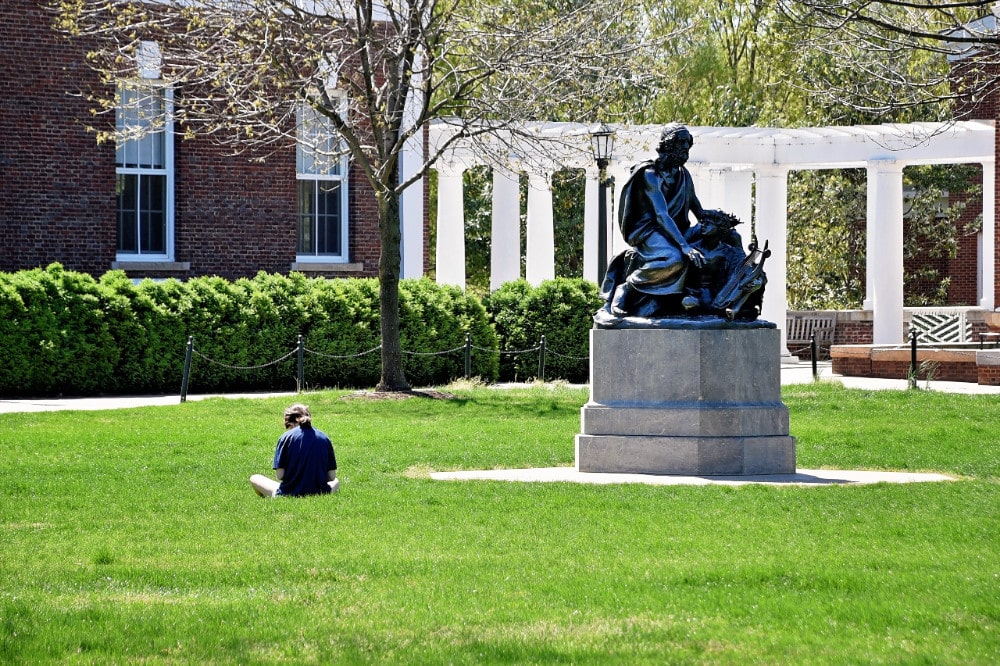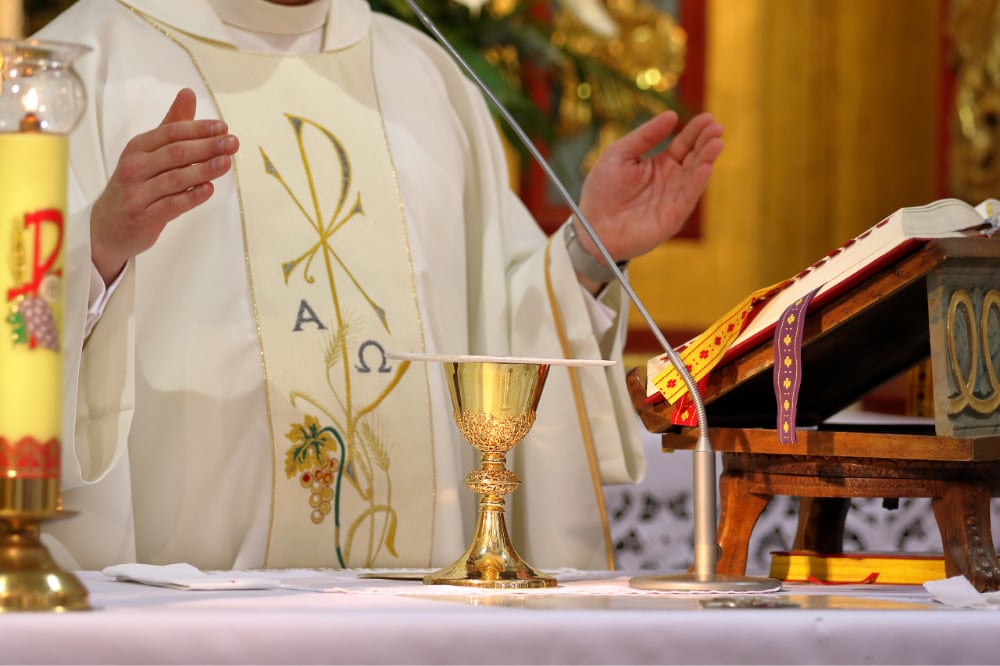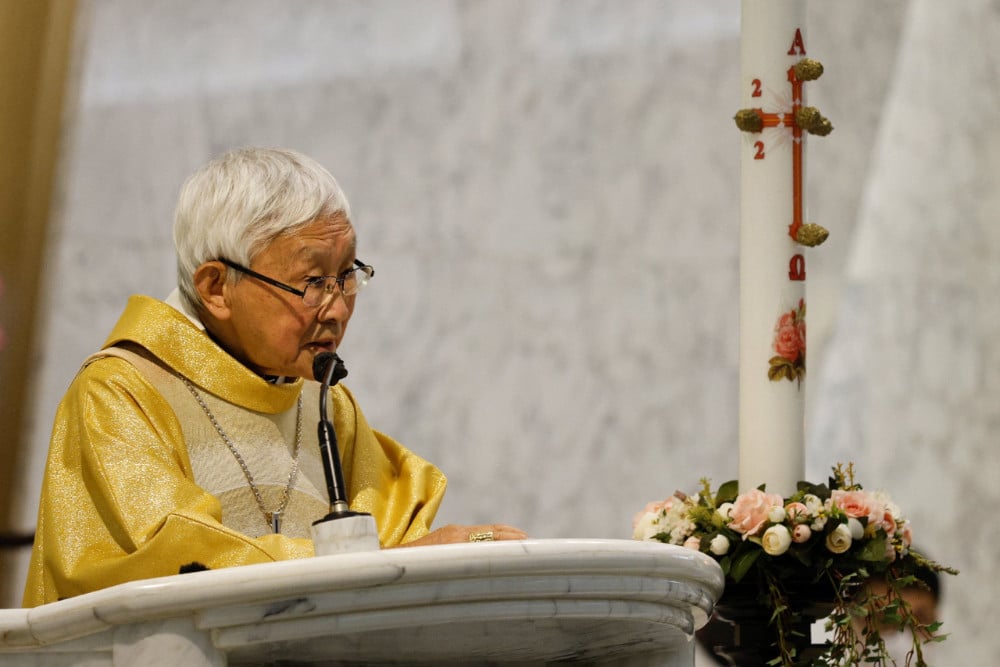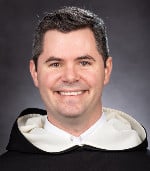 “Pio … saved my life, this is not just a movie or something, and I don’t mean that lightly,” said “Transformers” star Shia LaBeouf in a soulful interview with Bishop Robert Barron. In the course of their conversation, the actor laid bare his encounter with Catholicism, mediated by St. Padre Pio and the friars of the Capuchin Franciscan San Lorenzo Seminary in Santa Ynez, California.
“Pio … saved my life, this is not just a movie or something, and I don’t mean that lightly,” said “Transformers” star Shia LaBeouf in a soulful interview with Bishop Robert Barron. In the course of their conversation, the actor laid bare his encounter with Catholicism, mediated by St. Padre Pio and the friars of the Capuchin Franciscan San Lorenzo Seminary in Santa Ynez, California.
“My life was on fire. I was walking out of hell,” said LaBeouf. The actor, who has appeared in 40 movies, confessed that when he accepted the role of Padre Pio in an upcoming film, he didn’t want to be an actor any longer. His world had crumbled. “I hurt a lot of people,” he told Bishop Barron. “I felt deep shame and deep guilt.”
A former Jewish atheist, the actor’s moving comments about his experience of religious faith have touched many. One YouTube viewer commented, “I started watching this dismissively, knowing he’s an actor and expecting him to put on a perfunctory show.” The same viewer went on to say: “I’d like to apologize for my own presumptuousness and small-mindedness. God deflated my ego when I watched Shia engage so openly and straightforwardly, and so humbly admit to his own humanness and wrongdoing and the hurt he’s caused.”
Others have answered LaBeouf’s newfound religious faith with unchanged suspicion. The interview with Bishop Barron was released concurrent with a development in the sexual battery and assault lawsuit from singer FKA Twigs, his former girlfriend, which will go to trial next April. To others, the interview seems like an amazing promotion strategy for the Padre Pio biopic.
Only time will offer more evidence of LaBeouf’s conversion. But for now, I think we should take him at his word. I’d rather believe in the power of conversion and the healing grace of the Holy Spirit than live under the tyranny of constant cynicism and suspicion.
I will also insist that my interpretation is not Pollyannaish. LaBeouf offers considerable engagement with the Faith. From his thoughts on the Latin Mass to his experiences reading St. Augustine and Thomas Merton, this is a man who seems to have undergone a genuine change of heart. His affection for the Franciscans, including Father James, Father Jude and Brother Alex, was evident. LaBeouf marveled at how the friars invited him in to their life by laughter, joking, petting cats and eating ice cream. And they did all of this without asking him for anything.
For me, the most powerful moment in LaBeouf’s story comes when he describes what it was like to read the Gospel of Matthew for the first time. LaBeouf undertook the task to prepare to be St. Pio. He said John the Baptist made a deep impression, that he “felt like an old Western character.” The actor found the Forerunner “rustic and strong and masculine.”
Then, unexpectedly, the Gospel’s story of redemption began to capture him. “I started reading about a route, a map, toward something that felt like ‘let go,'” LaBeouf says. The actor emphasized: “That’s really what I got out of the Gospel. If I could wrap it up in two words it was, ‘let go.'” With his life slipping away, having no place else to go or turn, he found himself embracing the Gospel’s message of surrender. For LaBeouf, that message of surrender became more than preparation for a role. “It stops being this prep of a movie and it starts feeling like something beyond all that,” he told Bishop Barron.
We ought to listen to LaBeouf’s words. Too often, we doubt that the life of Jesus has the ability to touch a soul. We can so easily forget the liberating power of the basic tenets of the Gospel. We shouldn’t gloss over LaBeouf’s troubled past — marred by plagiarism, alcoholism, theft and accusations of sexual assault. In the days since the interview with Bishop Barron, the actor admitted another deceit: the depiction of his father in the autobiographical film “Honey Boy” was “nonsense.”
Christ can overcome all these things and greater wrongs still. Let us pray for LaBeouf and that every suffering soul might discover the message of the Gospel to “let go.”
Father Patrick Briscoe, OP, is editor of Our Sunday Visitor. Follow him on Twitter @PatrickMaryOP.

